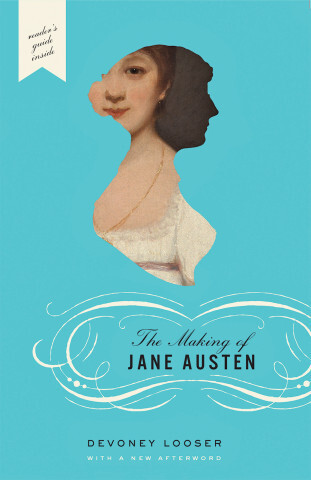
Reviews
An enjoyable and stimulating read... Stephens has produced a fascinating story of twists and turns.
How Writing Made Us Human tells its tales well. It is accessible but still reassuringly knowledgeable.
'Better is a book than a well-built house,' claims a famous ancient Egyptian papyrus written three millennia ago—quoted by Walter Stephens. Of course, its author was a professional scribe. This judicious history of writing, from Sumerian clay tablets to smartphones, explores our uniquely human achievement with both knowledge and imagination.
Walter Stephens provides a wonderful exploration of the art of writing, from ancient stone tablets, tree bark and reed pens, through the printing press and the digital age. His feat of great scholarship is studded with remarkable stories and insights that reveal the absolute centrality of the written word to human identity and experience.






